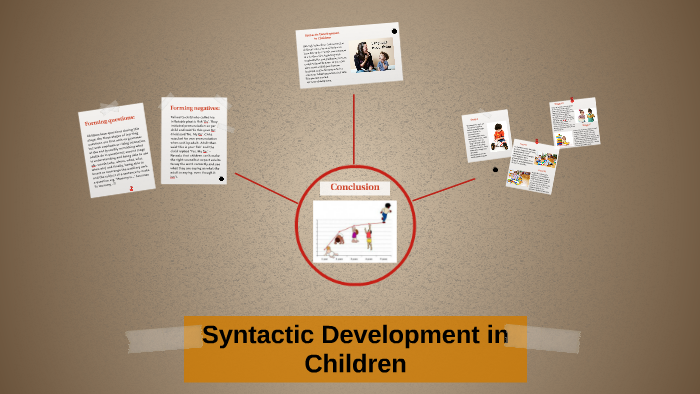

We present elicited production data reflecting cross-linguistic interference effects in the English wh-questions of Spanish-English bilingual children to provide a proof-of-concept for a proposed new formal analysis of such effects across cross-linguistic influence phenomena.

In contrast, their second language shows strong development. The results indicate that the heritage language of these bilingual children is affected by cross-linguistic influence from English, which is sensitive to feature strength. While the children in this study exhibit instability in the production of target-like sentences involving weak features in functional categories (interrogative sentences and NPI sentences) in Spanish, their heritage language, we did not find strong evidence of convergence of their L1 towards the strong feature specification of the corresponding functional categories in English, the socially dominant L2. Differences in feature strength between English and Spanish in interrogative and negative polarity item (NPI) sentences seem to affect the development of these structures in Spanish more than that of negative sentences. In this exploratory study of subtractive bilingualism in Spanish-English bilingual children, we present evidence that crosslinguistic influence has a selective effect on heritage first language loss.


 0 kommentar(er)
0 kommentar(er)
